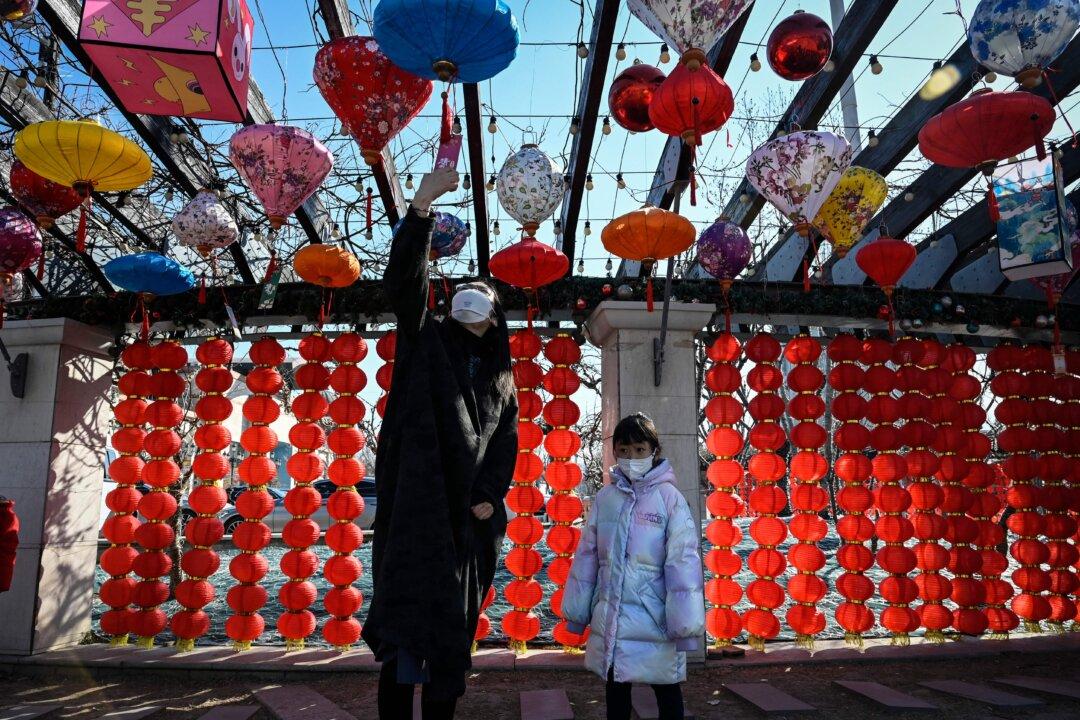Commentary
Much economic news coming out of China references “revenge spending.” It is a strange use of language. Nowhere in its use does anyone indicate who is getting revenge or on whom.

Much economic news coming out of China references “revenge spending.” It is a strange use of language. Nowhere in its use does anyone indicate who is getting revenge or on whom.